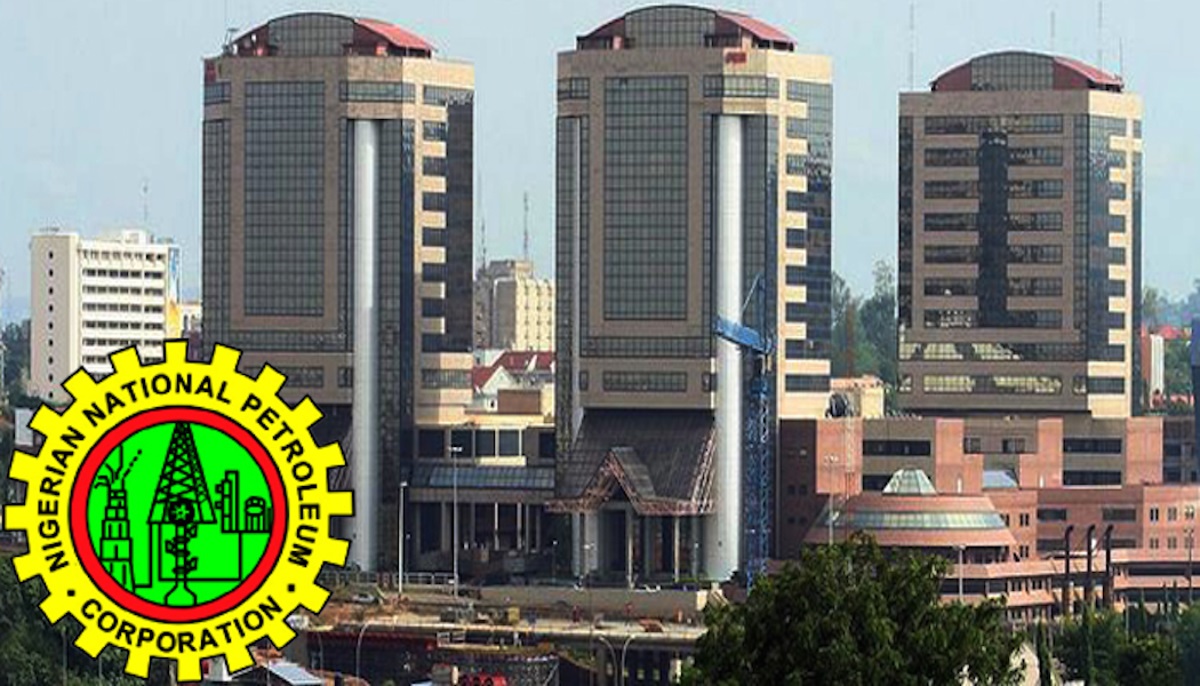FUEL FOR THOUGHT: THE TRAGIC CYCLE OF NON-PERFORMING REFINERIES, FUEL SCARCITY, AND ENDLESS CORRUPTION
Nigerians are witnessing the starkest economic inequalities, social alienation and political despondency in the history of the country, and this is a product of a corrupt system that has dismantled the economic, social and political foundations of the country. This nauseating development has rubbed off on all sectors of the economy and the downstream sector is not immune to it.
Nigeria boasts of four state-owned petroleum refineries in Warri, Kaduna, and Port Harcourt, yet these refineries have been dormant and unproductive for many years. As a result, the country imports refined petroleum products from other countries like the Netherlands, etc. The saddening part is how the government claims to spend billions of naira annually on the purported maintenance these non-performing refineries. According to report by Business day, the Nigerian National Petroleum Corporation (NNPC) wasted N604.127bn in maintaining the refineries in 2017, this waste of taxpayers’ money was done without any meaningful output from the comatose refineries and this waste has continued even to present time. It is obvious that these refineries are used as a conduit to drain the national purse. In a letter by Socio-Economic Rights and Accountability Project (SERAP) to President Muhammadu Buhari, in March 2022, it alleged that the Nigerian government has spent $396 million on maintenance of refineries in 6 years of this administration, but sadly no fuel to meet local demand. According to widely reported statement by local media such as Peoples Gazette and AriseTV, the claim by famous business man Tony Elumelu, who alleged that over 95% of oil production is lost to theft and economic saboteurs is a testament to this retrogression with telling consequences on the masses. It is preposterous and unacceptable that President, Muhammadu Buhari who doubles as the Minister of Petroleum is quiet and seems unable to take responsibility and act accordingly.
The issue of fuel scarcity and hike in pump price can no longer be viewed through a single lens, but we must also consider multiple drivers of this anomaly. Grand corruption and institutional failure have all exacerbated the current tragedy of fuel scarcity and outrageous hike in pump price that have reached severe levels around the country. The unmatched level of corruption in the downstream has given rise to fuel scarcity and hike in pump price.

It is needless to say that functioning national refineries will be of immense economic value to the nation. For example, the Saudi Arabian national petroleum and natural gas company, Aramco, generated net income of $111.1 billion. Easily the world’s most profitable company, surpassing corporate giants like Apple and Exxon Mobil. It was reported that Aramco’s net income increased by 124% in 2021, due to higher crude prices. One would ask why Nigeria’s NNPC and Nigeria’s refineries cannot achieve the same result. The answer is not far-fetched as Nigeria is plagued by dysfunctional institutional arrangement and corrupt managers. Needless to say that the holy grail of public asset management is transparency and accountability aimed at greater societal value. If the management of these refineries have been carried out in a transparent manner, short of political and selfish influence, the Aramco result would not be difficult to achieve in Nigeria within set time.
The government and this administration must begin to pay attention to effective governance on public commercial asset management, revamping all the refineries to meet national demand requires a comprehensive response with a focus on kicking corruption out of the system. This will help fix the fiscal crisis and debt burden that the country is undergoing at the moment, rather than the perennial zero profit, because a functioning refinery would mean more revenue for the government, lower pump prices for local consumption, and employment for its teeming population.
The federal government must deliver sustained economically efficient performance in resuscitating the national refineries, which would yield direct financial profit to the government and social dividends to the Nigerian masses. As we have seen from other countries that have effectively managed their national assets, there are sufficient good reasons to expect that if such is replicated in Nigeria, the numerous opportunities are compelling, and this will set the country free from the dependence on other countries for refined products, enabling the country to feature in the global economy.
The endless corruption in the downstream sector of the country is an attempt at economic and social subjugation of the people, but the Nigerian masses cannot adapt to this concerted subjugation to economic hardship, and economic crematorium. The demand of the people for transparent and effective management of national refineries and other national assets is not an option but an obligation that must inevitably be met.
